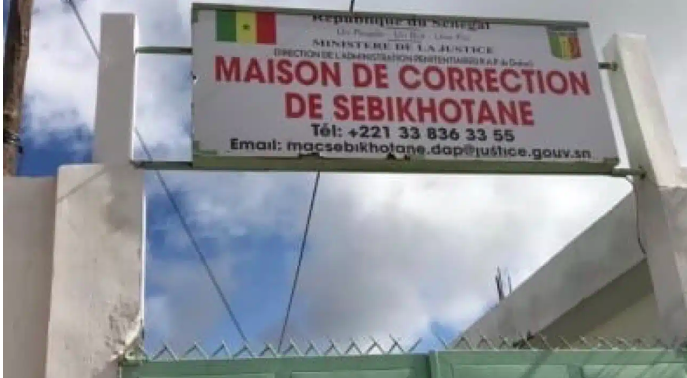In an open letter dated February 12, 2024, detainees at the United Nations facility in Sebikhotane, Senegal, have addressed the President of the United Nations Security Council in New York, expressing their deep concerns about the International Criminal Tribunal for Rwanda (ICTR) and its successor, the Mechanism for International Criminal Tribunals (MICT). The letter, a poignant plea for justice and reconciliation, reflects on the Tribunal’s shortcomings and the quest for equitable justice in the wake of the Rwandan tragedy.
The signatories, Ntahobari Shalom, Ndayambaje Elie, Ngirabatware Augustin, Kamuhanda Jean de Dieu, Kambanda Jean, Nyiramasuhuko Pauline, Renzaho Tharcisse, and Ngirumpatse Matthieu, have criticized the ICTR/MICT for its partial failure to fulfill its mandate. While acknowledging the Tribunal’s role in adjudicating some aspects of the Rwandan genocide and the innocence of certain accused, the letter argues that the ICTR/MICT has inadvertently fostered impunity, condemned the innocent, and failed to serve as an instrument of reconciliation among Rwandans.
The letter calls on the Tribunal’s judges, including both current and retired members, to acknowledge these failures and to join the voices of the Tribunal’s former Chief Prosecutors—Richard Goldstone, Louise Arbour, and Carla del Ponte—in admitting that justice for the Rwandan tragedy remains unachieved. These prosecutors have openly criticized the current Rwandan government for obstructing their work, a sentiment echoed in diplomatic notes from the United States, the United Kingdom, and the European Union to the UN in June 2020.
Moreover, the detainees urge the Security Council to re-examine the ICTR/MICT’s operations, highlighting the need for justice that precedes true reconciliation. They also call attention to the dual genocide of both Tutsis and Hutus in 1994, a subject the Tribunal has not fully addressed despite undeniable evidence.
The letter outlines several areas where the Tribunal’s actions have been questioned, including arbitrary arrests, changes in indictments, manipulation of evidence, and the coerced confession of accused individuals. It criticizes the Tribunal for its selective justice, which has ignored crimes committed by the Rwandan Patriotic Front (RPF), now the ruling party in Rwanda.
The detainees appeal to the judges’ conscience, urging them to reveal the truth about the events of 1994 and beyond. They express hope that such an act of courage will contribute to the long-awaited reconciliation and healing of the Rwandan people.





























































